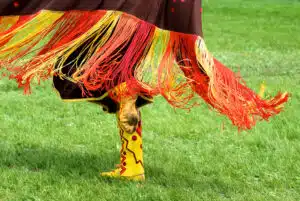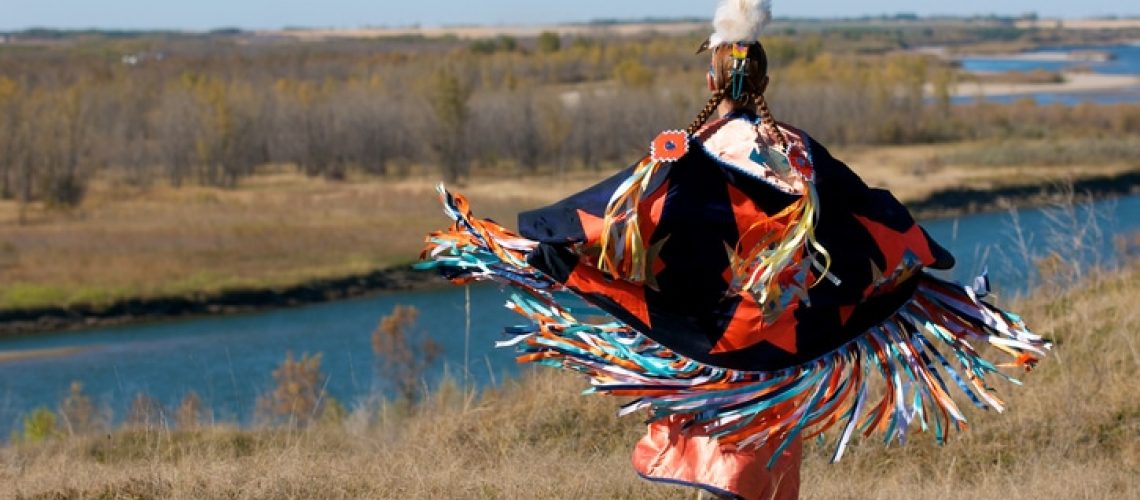In Canada, the ability to speak an Indigenous language is a rare and treasured skill, because these unique languages hold profound cultural, historical, and spiritual significance, serving as vital links to the traditions and identities of First Nations peoples. However, the number of fluent speakers has dramatically decreased over the years, making the understanding increasingly exclusive – and this blog explores why finding someone fluent is both rare and significant.

Historical Context and Language Loss
The history of Indigenous languages in Canada is marked by centuries of colonization, assimilation policies, and cultural suppression; residential schools, which operated from the late 19th century until the late 20th century, played a significant role in the erosion; children were forcibly removed from their families and prohibited from speaking their native tongue, leading to a generational gap in transmission. These traumatic experiences have had long-lasting effects, contributing to the decline of most cultural aspects of the First Nations people in Canada.
Current Status of Indigenous Languages
Canada is home to over 70 distinct Indigenous languages, belonging to 12 families, and yet despite this rich linguistic diversity, the number of fluent speakers is alarmingly low. According to the 2016 Census, just over 260,000 people in Canada reported being able to conduct a conversation in a First Nations language, many of which are now considered endangered, with some having only a handful of elderly speakers remaining.
The Importance of Fluency
Fluency in a First Nations language goes beyond mere communication; it embodies a deep connection to cultural heritage and identity, as it encapsulates unique worldviews, traditional knowledge, and community values. For many Indigenous peoples, speaking their native tongue is an act of resilience and cultural preservation, as it strengthens communal bonds, fosters intergenerational connections, and affirms First Nations sovereignty and self-determination.
Challenges and Future Prospects
While these revitalization efforts are making a positive impact, significant challenges remain; resources and funding for programs are often limited, and the COVID-19 pandemic has further disrupted many in-person initiatives. Additionally, the systemic barriers faced by First Nations communities, including poverty, healthcare disparities, and ongoing discrimination, complicate the task of preservation.
Nevertheless, there is hope; the growing recognition of the importance of Indigenous culture at both national and international levels is fostering a supportive environment for revitalization efforts. The Canadian government’s commitment to reconciliation includes initiatives aimed at supporting First Nations languages, such as the Indigenous Languages Act, which aims to protect and promote translation services.
Revitalization Efforts
Despite the challenges, there are numerous efforts underway to revitalize Indigenous languages in Canada. Communities, organizations, and governments are implementing various strategies to support learning and preservation, including:
Language Immersion Programs
Schools and community centers offer immersion programs where students are taught in Indigenous languages, helping young people gain fluency from an early age.
Elders and Knowledge Keepers
Elders play a crucial role in language revitalization by teaching and passing down their linguistic knowledge to younger generations.
Digital Resources
Technology is being leveraged to create online dictionaries, apps, and virtual classrooms, making everything learning-related more accessible.
Cultural Programs
Camps, storytelling sessions, and cultural events celebrate and promote the use of Indigenous languages.
Seek Translators in Indigenous Languages
Finding someone fluent in an Indigenous language in Canada is increasingly rare, yet profoundly significant, because these ways of speaking are a means of communication and vessels of culture, history, and identity. The loss of fluent speakers underscores the urgent need for revitalization efforts to ensure these languages endure for future generations. As more people recognize the intrinsic value of First Nations culture, there is hope that the tide can turn towards a resurgence of linguistically across minority communities in Canada.
At Languages in Motion Ltd., our goal is to bring the world together through professional translation and interpreting services. With access to over 200 languages, including American Sign Language, French, Spanish, Portuguese, Chinese, and Arabic, we can help individuals, families, and businesses communicate more clearly than ever before. Our certified translators and interpreters have worked in numerous industries, including the Public Sector (Police, Healthcare, Court, Education, and Government & Municipalities), Healthcare, Finance, Local and International Law Firms, Marketing, Insurance Companies and Private/Independent Medical Clinics, Law and Order, and Immigration. Our experience, passion for delivering results, commitment to clients, and enthusiasm for building relationships are why we are recognized as the best in the translation industry. Contact our team of certified translators and interpreters from Toronto to Winnipeg to Calgary and Vancouver today at 1-888-556-5541.

